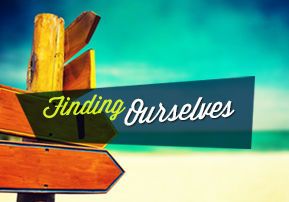
Finding Ourselves
Are we aware of the dangers in life? Are we aware of our weaknesses and where we are most prone to temptation? One who doesn't is most vulnerable.

This week is Rebbe Nachman’s birthday, on Rosh Chodesh Nissan. Rabbenu Nachman teaches us that Hashem has a very clear objective in asking each person, “Where are you?” It is to bring us to assess ourselves so that we can attain awareness of our true current spiritual level. In other words, Hashem wants us to find ourselves. What does that mean?
Are we aware of the dangers in life? Are we aware of our weaknesses and where we are most prone to temptation? One who doesn’t see danger is ever so vulnerable and cannot proceed with caution. He or she is a candidate for major wrongdoing. One cannot possibly do teshuva unless he sees danger and his susceptibility. True teshuva results from truthfulness and full awareness.
Suppose a person repeatedly sins with his eyes, looking at things that are expressly forbidden by Torah, such as a neighbor’s wife. He doesn’t realize that his own income, marital peace, memory, success of his children, love of Torah and entire connection to Hashem depend on his guarding his eyes. He doesn’t realize how close he is to the danger of divorce, arrogance and heresy unless he guards his eyes. Rabbi Moshe Chaim Luzzatto warns in The Path of the Just (Gate of Caution) that the evil inclination deadens a person’s spiritual senses, for any spiritually-cognizant individual would have tremendous remorse the  moment he sinned, and would abandon sinful behavior altogether. One who ignores danger can’t be cautious.
moment he sinned, and would abandon sinful behavior altogether. One who ignores danger can’t be cautious.
Once a person realizes the damages of failing to guard his eyes, he can begin confessing to Hashem from a position of truth. “Hashem, what can I do about my constant urge to look at women? Father in Heaven, have mercy on me and help me realize the damage I’m doing to myself. Don’t let me be in denial, for the evil inclination says, ‘What’s the big deal?’ I’m sorry to say that were it not for the fact that I’ll be sorely humiliated in the world to come, my eyes would still be roaming all over the place. This is where I’m holding right now, Hashem; I’m sorry, but that’s the truth. I know that I’m doing damage to myself, and that’s really stupid; I also know that as much as I try, I’m still going to trip up. You must help me, Hashem – I can’t do this alone. Give me a new heart and a new brain without all the obscene desires. Help me be the way You want me to be!”
Hashem loves such honesty; no matter what your weakness is, the above example is an effective sample template for speaking to Him. Speak to Hashem in that manner and remember that honesty and sincerity are the key words for a healthy personal relationship with Hashem. Don’t fool yourself; recognize the spiritual dangers that confront you and seek Hashem’s help.
We’re surrounded by perils – arrogance, anger, gossip, hatred, jealousy and many other base desires and negative character manifestations. Once we are aware of our true spiritual level, we become aware of the danger around us.
The great tzaddikim, like Rebbe Natan of Breslev, excelled in spiritual awareness and in the cautiousness in distancing themselves from sin and temptation. They knew that their achievements were gifts from Hashem, and they – like anyone else – were in danger of falling at any given time. That’s why they begged so much for Hashem’s help. If you find that you get tongue-tied when you try to speak to Hashem, start off with using Rebbe Natan’s Prayers – they are really effective in opening the heart. Look in the index, pick the subject you would like to talk to Hashem about, and begin reciting Rebbe Natan’s prayers. Once your heart warms up, you’ll soon see how your own words flow forth. There is no better feeling in the world than pouring your heart out to Hashem. Blessings for your happiness and success!


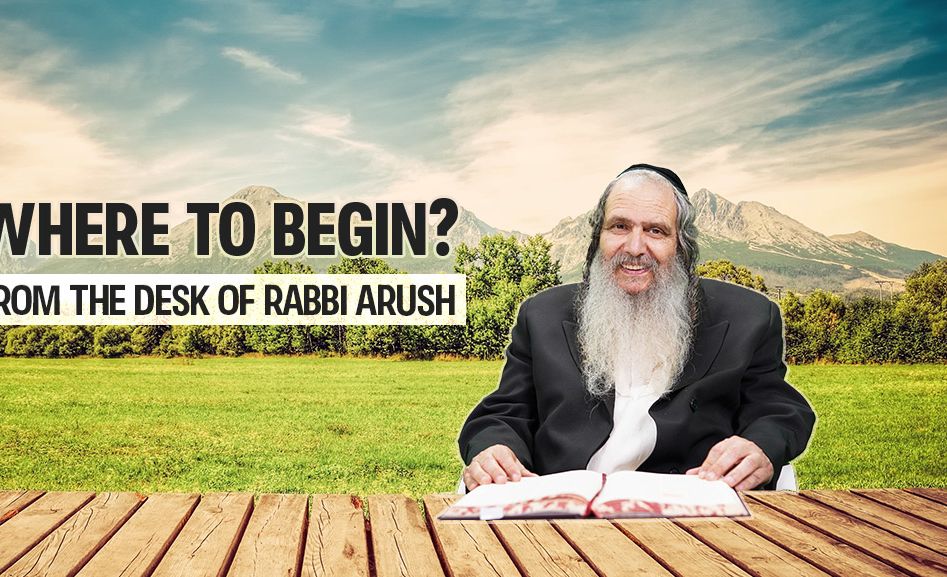
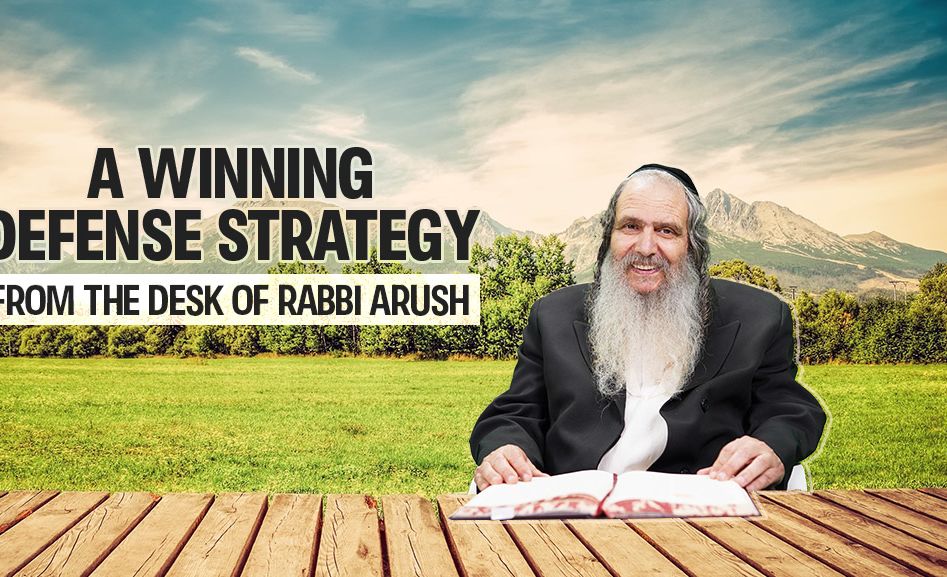
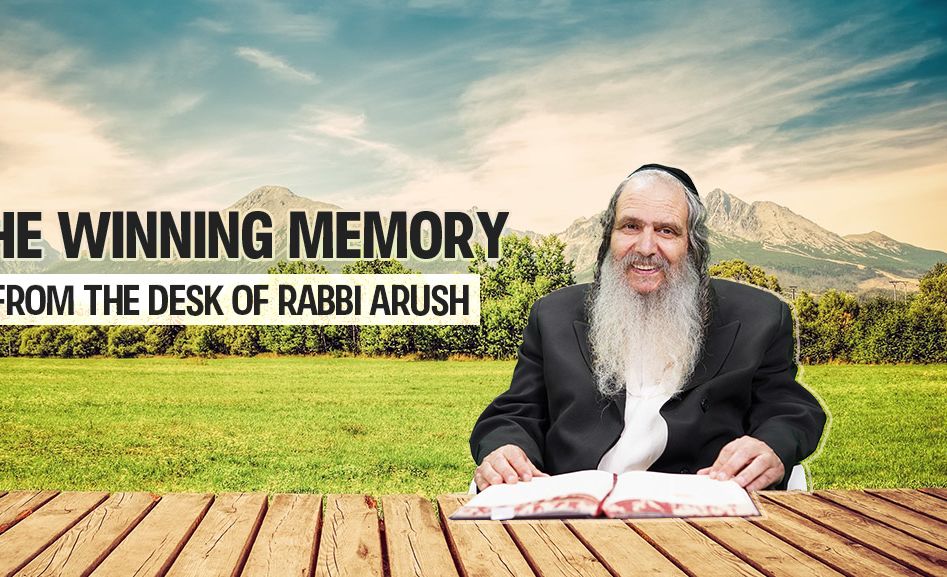
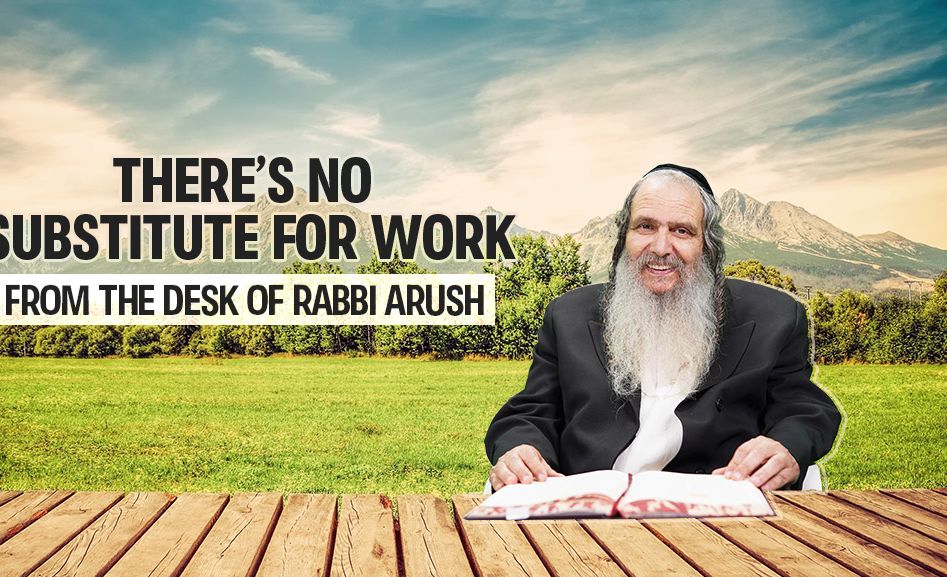

Tell us what you think!
Thank you for your comment!
It will be published after approval by the Editor.